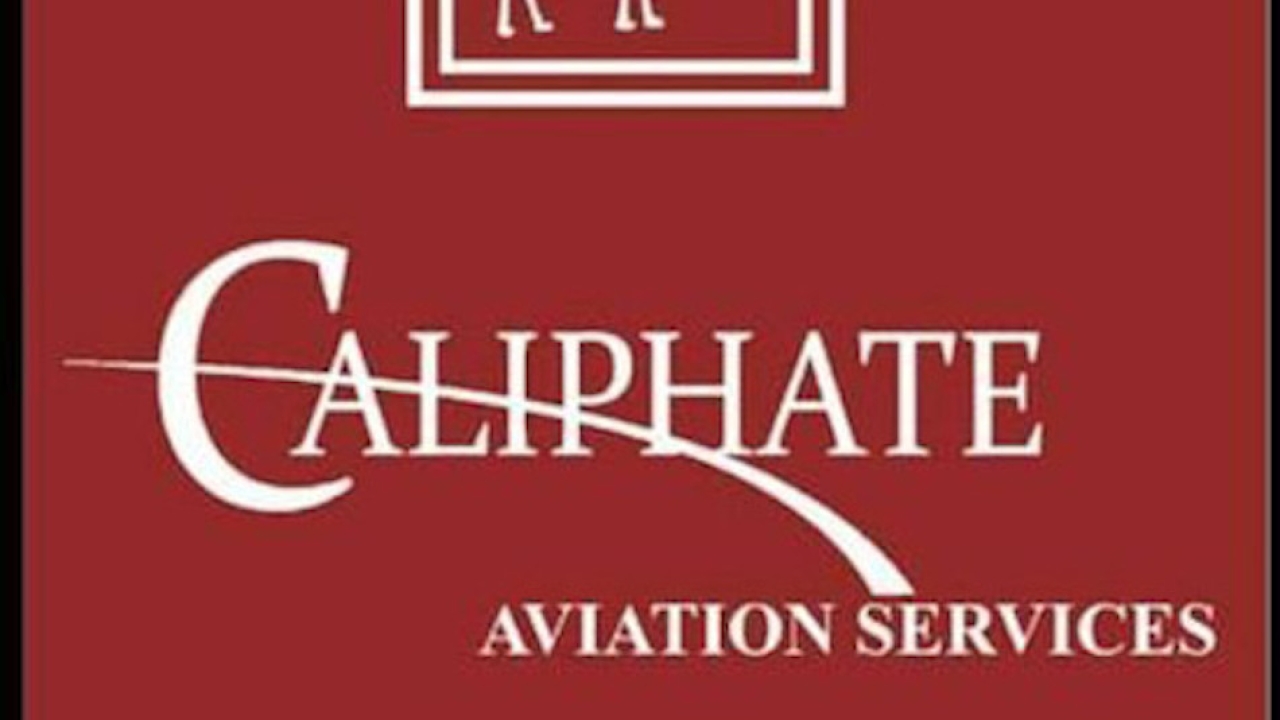School puts life saving in a class of its own
Kaleyesus Bekele explains why an East African flight school is luring cadets from other parts of the continent.

After serving with Ethiopian Airlines for more than 39 years as a commercial pilot, Captain Mulat Lemlemayehu was pondering how best to serve his country once he retired.
Staying in aviation seemed logical so, when he finally stepped down in 2014, the man who had flown everything from a DC3 to a B787 Dreamliner established East African Aviation, a company providing air ambulance and charter flight services as well as a pilot training school.
The Addis Ababa-based company acquired a King Air350 aircraft for the medvac and charter flight operations. Fully equipped with all the required emergency medical equipment and licensed medical doctors and nurses, East African Aviation became the first air ambulance service provider in Ethiopia.
Three years on, East African Aviation general manager, Captain Girma Gebre, said the company ferries critically ill people, or those who have sustained injuries, either to Addis Ababa or on to modern hospitals in Nairobi, Johannesburg, Dubai or Riyadh.
“We have agreements with local insurance companies in Ethiopia and Rak Hospital in Dubai,” he said. “We are proud that we are saving so many lives.”
The East African Pilot Training School became operational in 2015. It has acquired a pair of Cessna 172 Sky Hawk glass cockpit trainer aircraft and a fully automated full-motion simulator fitted with a Garmin1000 glass cockpit. Located near the Addis Ababa Bole International Airport, it has qualified instructors, who have many years of experience at the Ethiopian Airlines Aviation Academy and the Ethiopian Air Force.
The school has classrooms, dormitories, a canteen, a simulator room, a briefing room and a library. It t can accommodate 25 cadets at a time.
Certified by the Ethiopian Civil Aviation Authority (ECAA), the East African Civil Aviation Pilot Training School offers private pilot license (PPL), commercial pilot license (CPL), multi-engine rating, instrument rating, and trains flight instructors and operational control officers (dispatchers).
“We have a proficiency-based curriculum,” Gebre explained. A PPL course takes six months and 60 hours of flight time. There is a $16,000 tuition fee for each cadet. CPL courses take 15 months and 220 flight hours with a fee of $53,000. The fees do not include boarding expenses.
Gebre said the school has trained more than 20 cadets from Yemen, Sudan, South Sudan and Congo Brazzaville. “We also have cadets from Ethiopia. We have partners in Rwanda and are trying to set up a training centre in Kigali,” he added.
“Now we are promoting and advertising our pilot training school in Sudan, South Sudan, Rwanda, Congo Brazzaville, and the DRC. We are trying to attract more trainees from these countries through their embassies in Addis Ababa.”
There are some challenges, however. Gebre explained that some Ethiopian parents asked if the company would offer them jobs after graduation. “East African Aviation has hired some of our graduates but we cannot guarantee employment for all,” he said. “But, since we offer a quality training programme, we are confident that our pilots can go to any part of the world and be competitive enough to find jobs.”
The other major challenge is the congestion at Bole International Airport, where there is only one runway. “The trainer aircraft are told to hold by the air traffic controllers until the big airliners have cleared off. The problem is not only with the runway, but also the airspace is congested with large and small aircraft. The problem is not peculiar to East African Aviation; the Ethiopian Aviation Academy faces similar challenges. So we are forced to do the flight training at regional airports.”
Currently, the East African Aviation Pilot Training School conducts flight training at Arba Minch Airport, 221 miles south of Addis Ababa.
“Apart from this challenge, we are doing our business smoothly,” said Gebre. “We believe we are successful in offering international standard medevac, charter flight services and pilot training programmes. The Ethiopian Civil Aviation Authority’s assistance has been very much appreciated.”
Stay up to date
Subscribe to the free Times Aerospace newsletter and receive the latest content every week. We'll never share your email address.

